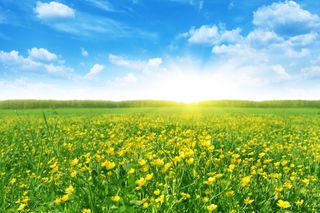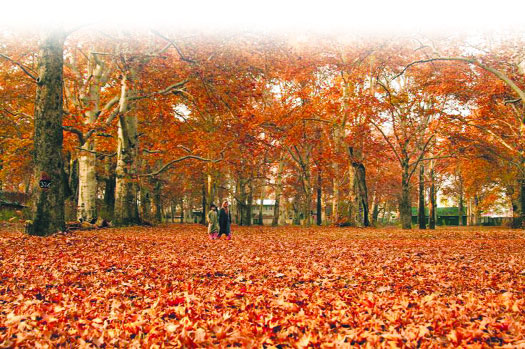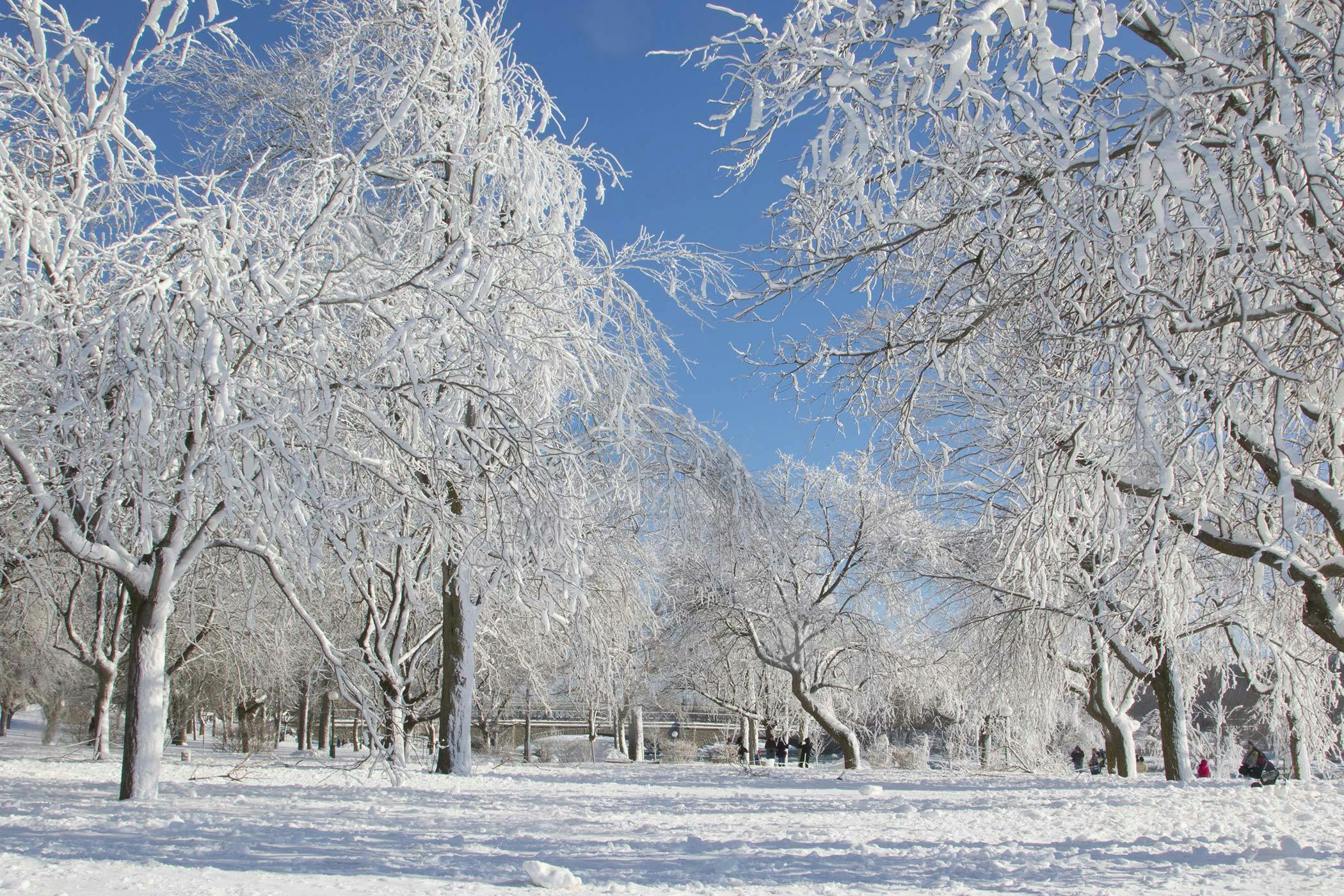Season of The Year

SOURCE:Google Image
Since the year has 12 months, each season lasts about three months. However, the dates when the seasons begin and end vary depending on whom you ask.
1)SPRING

SOURCE:Google Image
Spring begins on the spring equinox. Spring runs from March 1 to May 31
In the spring, seeds take root and vegetation begins to grow. The weather is warmer, and often wetter. Animals wake or return from warmer climates, often with newborns. Melting snow from the previous season, along with increased rainfall, can cause flooding along waterways
2)SUMMER

SOURCE:Google Image
Summer begins on the summer solctice. Summer runs from June 1 to August 31. In the summer, temperatures may increase to their hottest of the year. If they spike too high, heat waves or droughts may cause trouble for people, animals, and plants. For example, in the summer of 2003, the high temperatures claimed more than 30,000 lives. Rainfall may increase in some areas, as well. Others may receive less water, and forest fires may become more frequent.
3)AUTUMN

SOURCE:Google Image
Fall (autumn) begins on the fall equinox. Fall (autumn) runs from September 1 to November 30. In the autumn, or fall, temperatures cool again. Plants may begin to grow dormant. Animals might prepare themselves for the upcoming cold weather, storing food or traveling to warmer regions. Various cultures have celebrated bountiful harvests with annual festivals. Thanksgiving is a good example. "Thanksgiving in the United States is a historical commemoration but it has a spiritual dimension strongly associated with homecoming and giving praise for what has been bestowed upon us," Cristina De Rossi, an anthropologist at Barnet and Southgate College in London, told Live Science.


SOURCE:Google Image
Since the year has 12 months, each season lasts about three months. However, the dates when the seasons begin and end vary depending on whom you ask.
1)SPRING

SOURCE:Google Image
Spring begins on the spring equinox. Spring runs from March 1 to May 31
In the spring, seeds take root and vegetation begins to grow. The weather is warmer, and often wetter. Animals wake or return from warmer climates, often with newborns. Melting snow from the previous season, along with increased rainfall, can cause flooding along waterways
2)SUMMER

SOURCE:Google Image
Summer begins on the summer solctice. Summer runs from June 1 to August 31. In the summer, temperatures may increase to their hottest of the year. If they spike too high, heat waves or droughts may cause trouble for people, animals, and plants. For example, in the summer of 2003, the high temperatures claimed more than 30,000 lives. Rainfall may increase in some areas, as well. Others may receive less water, and forest fires may become more frequent.
3)AUTUMN

SOURCE:Google Image
Fall (autumn) begins on the fall equinox. Fall (autumn) runs from September 1 to November 30. In the autumn, or fall, temperatures cool again. Plants may begin to grow dormant. Animals might prepare themselves for the upcoming cold weather, storing food or traveling to warmer regions. Various cultures have celebrated bountiful harvests with annual festivals. Thanksgiving is a good example. "Thanksgiving in the United States is a historical commemoration but it has a spiritual dimension strongly associated with homecoming and giving praise for what has been bestowed upon us," Cristina De Rossi, an anthropologist at Barnet and Southgate College in London, told Live Science.
4)WINTER

SOURCE:Google Image
Winter begins on the winter solstice. Winter runs from December 1 to February 28 (February 29 in a leap year). Winter often brings a chill. Some areas may experience snow or ice, while others see only cold rain. Animals find ways to warm themselves, and may have changed their appearance to adapt. "In a similar way to the Autumnal theme, Winter festivals celebrate the return of the light during a time of deepest physical darkness," said De Rossi. The Indian festival of Diwali, for example, which takes place between October and November, celebrates the triumph of righteousness, and of light over darkness.
Comments
Post a Comment